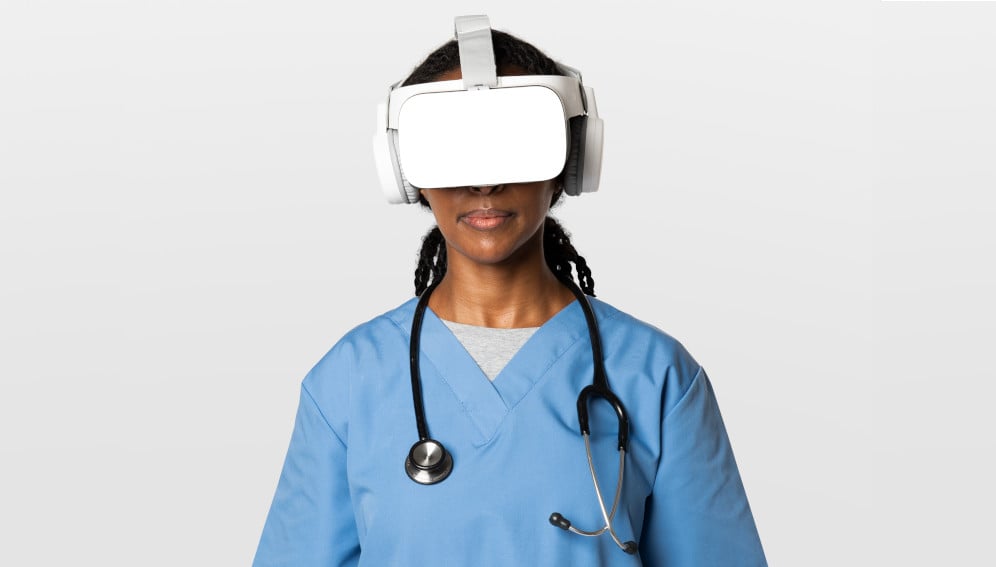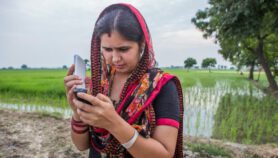16/11/23
AI a ‘potent remedy’ for Africa’s health challenges

By: Jackie Opara
Send to a friend
The details you provide on this page will not be used to send unsolicited email, and will not be sold to a 3rd party. See privacy policy.
[LAGOS] Artificial Intelligence (AI) could emerge as a potent remedy for long-standing challenges in Africa’s health care sector if innovators, researchers and policymakers collaborated and invested in the technology, an online discussion heard.
The panel discussion on the development and adoption of locally produced AI solutions for healthcare in Africa was held on X, the platform formerly known as Twitter, on 9 November, ahead of the 3rd International Conference on Public Health in Africa (CPHIA).
CPHIA is an annual international conference on public health in Africa organised by the Africa Centers for Disease Control and Prevention.
“It is important that Africa do not miss out on adopting AI. Institutions like the Africa CDC can lead by example by promoting AI to break the cycle of hesitancy.”
Jean Philbert Nsengimana, Africa CDC
Abimbola Adebakin, panelist and founder of Advantage Health Africa, an organisation which uses technology to improve health outcomes, said AI could be a powerful force capable of addressing the soaring costs of drugs, inefficiencies in drug development, and the protracted timelines involved.
For instance, she cited Africa’s dependency on the importation of medicine as a problem that needed a solution.
“Drug production – I think – is one area AI can find itself most useful,” she said.
Adebakin said that the traditional ten to 15-year timeline and US$2.5 billion cost for pharmaceutical companies to develop new drugs could be drastically reduced by AI.
By leveraging AI’s capabilities in drug production, from cost reduction to streamlining the development process, Africa can accelerate its inclusion in the pharmaceutical supply chain, she said.
“It will help us address the healthcare needs of our increasing population of Africans and reduce our dependency on Asia for our medicine, all the way from our active ingredient to our finished product,” said Adebakin.
Jean Philbert Nsengimana, chief digital advisor at Africa Centers for Disease Control and Prevention, told the discussion AI adoption in the healthcare sector offered opportunities to expand access to services across all levels of care on the African continent.
“Institutions like the Africa CDC can lead by example by promoting AI to break the cycle of hesitancy,” Nsengimana said.
Nsengimana said that Africa CDC had just launched its digital transformation strategy, which had a number of initiatives including the adoption of AI for health care.
Did you miss our X space on how AI can help to transform healthcare in Africa? No worries, you can listen to this inspiring conversation here!
— SciDev.Net (@SciDevNet) November 9, 2023
“What we are doing is scoping out additional projects and initiatives that will go a long way in promoting the use and adoption of AI for health.
“The innovation community has the responsibility of communicating correctly the benefits and then triggering action, basically creating demand for change,” he added.
Adebakin said Africa must strategically position itself to attract investment in AI healthcare solutions.
“We need to have our public sector ready with policies and the enabling regulatory environment.
“For now, I know we have just four to five African countries, Egypt, Kenya, Mauritius, South Africa and maybe Rwanda, that have their AI policy in place.”
Thomas Nkoudou, AI researcher at the Montreal International Center of Expertise in Artificial Intelligence, CEIMIA, advocated for Africa’s active participation in the global AI landscape.
He underscored the need for Africa to carve out its own space in the AI realm, shaping its own narrative and engaging in the ongoing discourse, and said Africa had great potential for innovation, fueled by its abundant young talent.
“I can say there is a good chance to launch AI in Africa,” he added.
This piece was produced by SciDev.Net’s Sub-Saharan Africa English desk.







